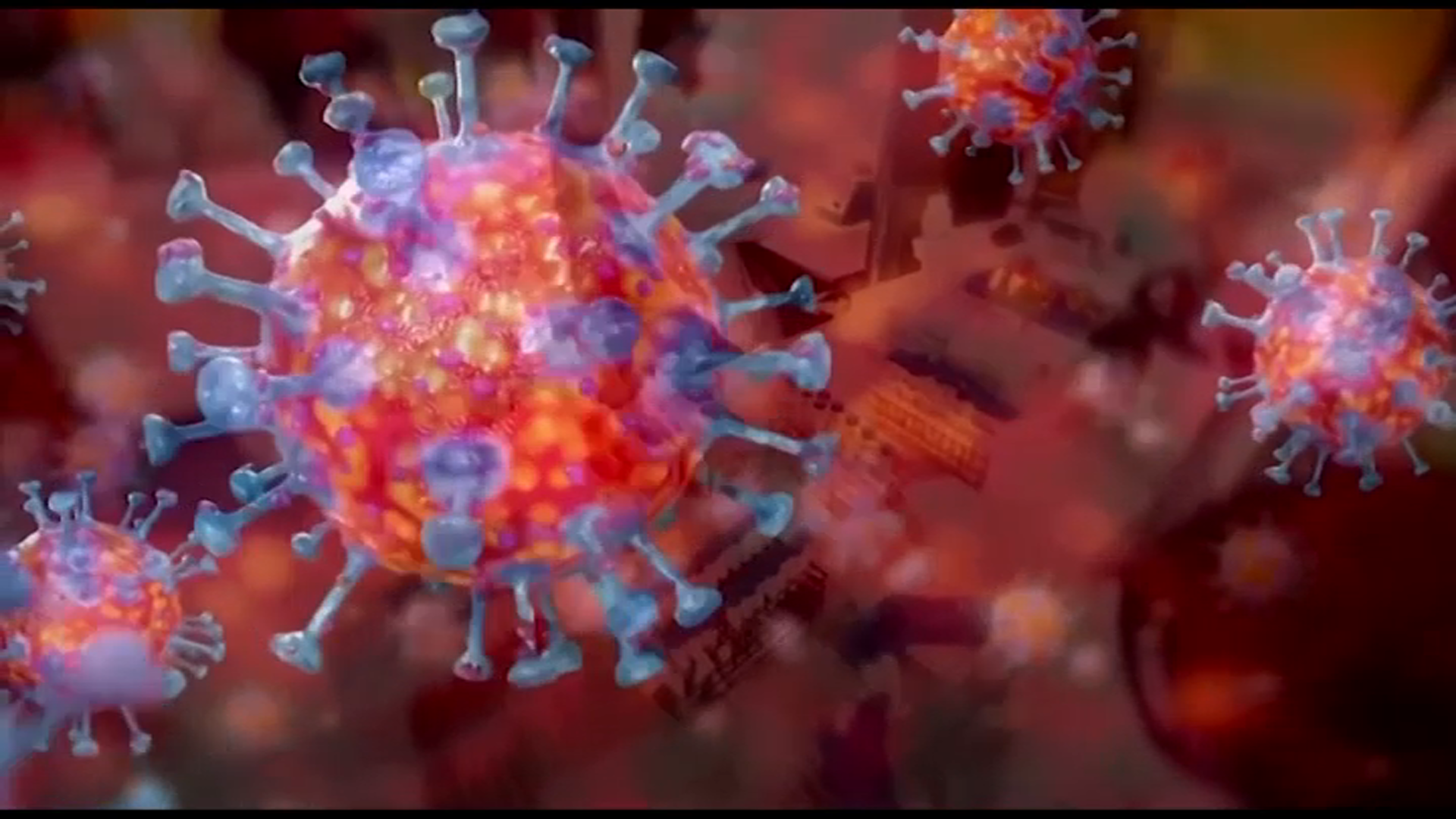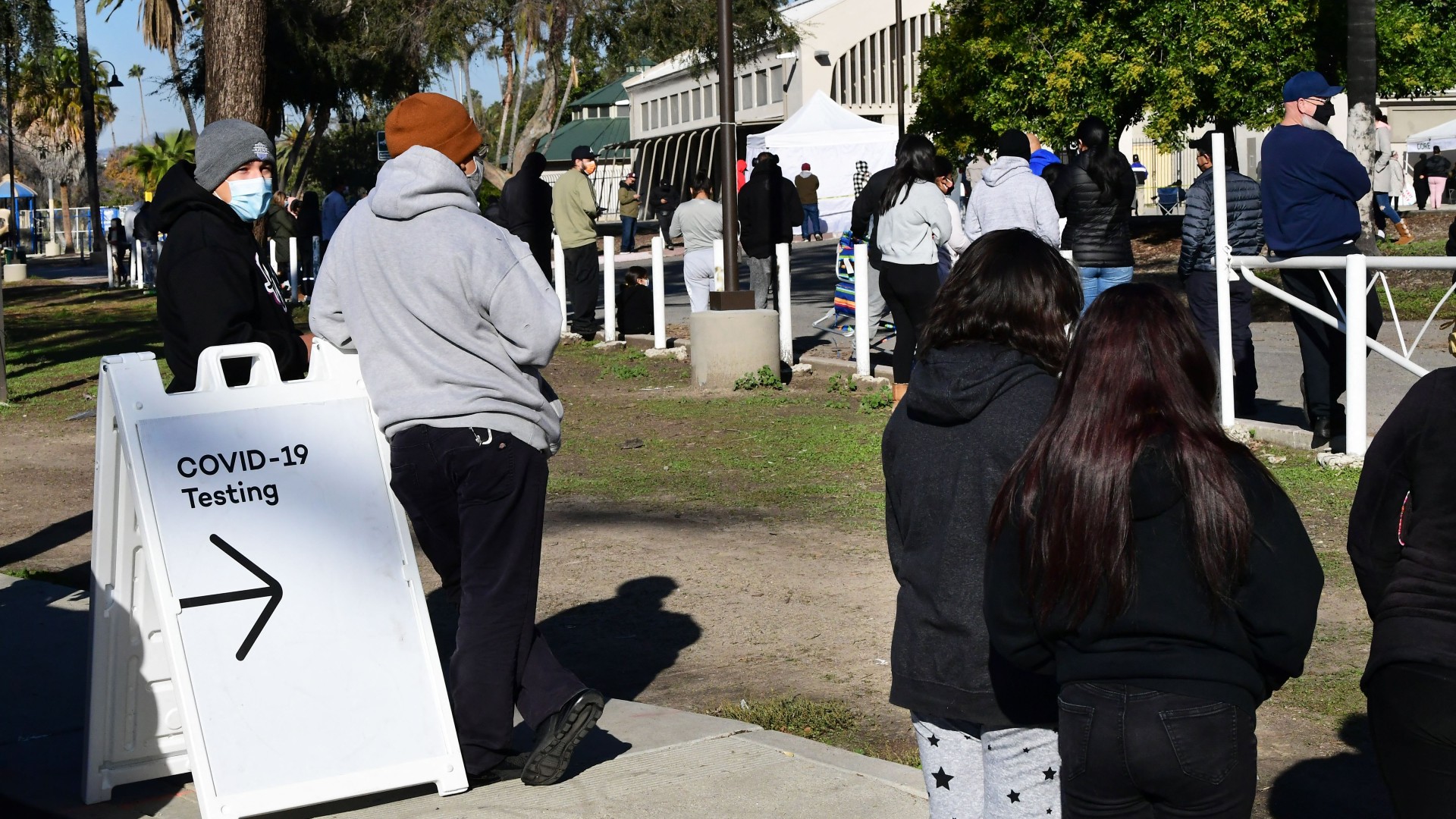There are growing questions about how accurate the at-home COVID-19 tests are after a number of people began reporting false negative results.
Many Bay Area stores are out of the at-home antigen tests, and they don’t know when they will restock. But now, those in-demand tests are also creating a bit of anxiety for some.
Some families picked up their at-home test kits before their children returned to school in San Jose’s Franklin McKinley School District on Thursday.
For administrators, the tests’ accuracy is of utmost importance.
Get a weekly recap of the latest San Francisco Bay Area housing news. Sign up for NBC Bay Area’s Housing Deconstructed newsletter.
“We want to make sure they’re accurate. We obviously have to ask those who are positive to stay home so as to not continue to spread the virus,” said Franklin McKinley School District Superintendent Juan Cruz.
But growing reports show that some people are testing negative early into having symptoms, only to test positive again a day or so later.
Professor of infectious diseases at UCSF, Dr. Monica Gandhi, said that's why the at-home kits include two tests.
“You need the viral load in your nasal passages to be high enough for it to trigger the tests,” Gandhi said. “So that's why they have more than one, because you may need to do one later in the day or the next day, and you get enough virus to turn positive.”
Christina Morello told NBC Bay Area Thursday that a positive home test for her son floored the family.
“It just blew your mind because we weren’t prepared for that," she said. "Immediately, we thought of where we’ve been. Family and friends that we may have seen. And make sure we notify the right people,” she said.
Morello added that she immediately took her son for a rapid test at a local school, where he tested negative.
“It’s definitely planted the seed of doubt and planted the seed of doubt for false negatives,” she said.
Dr. Jennifer Tong, the associate chief medical officer at Valley Medical, said that false positives are rare with the at-home tests.
Tong said if there are inaccuracies with the at-home tests, it’s usually with a negative result and sometimes is the result of user error.
But for the most part, Tong added, antigen home tests are pretty reliable and people shouldn’t be discouraged from using them. Even with a few false negatives.
With so much omicron virus circulating in the Bay Area right now, doctors say the instant anyone has symptoms, they should consider themselves infected and isolate immediately.
“Those who get a negative result and aren’t feeling well, our strongest recommendation is you need to continue staying home. Anyone who feels sick right now needs to continue staying home,” said Tong.
That’s also the same message that Franklin Mckinley wants at its schools for sick children to stay home.
Dr. Jorge Salinas, infectious disease specialist at Stanford University, said they’re learning the virus may be concentrating more in the back of the throat instead of in the nose. So, some people are adjusting how they're collecting a test sample.
“Some people have shared anecdotes of testing negative with anterior naris swabs, but testing positive with a oropharyngeal, so a swab of the back of your throat, and then the anterior naris and submitting that,” he said.



